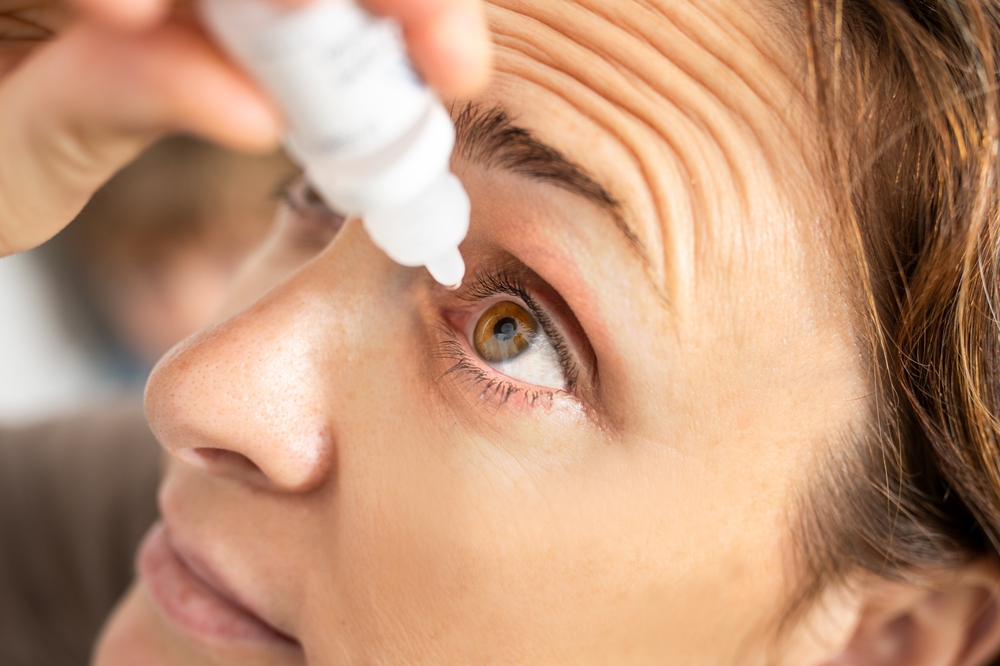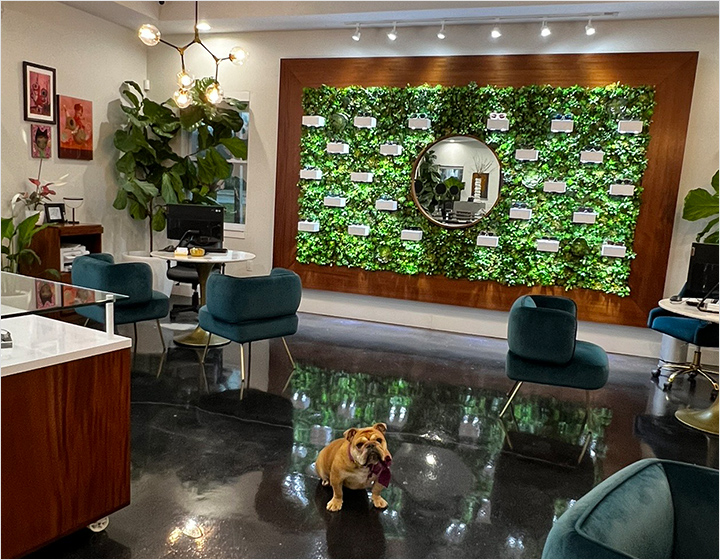
Myopia is becoming increasingly prevalent among children and adolescents worldwide. As the number of young people diagnosed with myopia rises, so does the importance of effective myopia management strategies. Among the various treatment options available, Atropine eye drops are gaining recognition for their ability to slow the progression of myopia in children.
Understanding Myopia
Myopia is a refractive error that causes distant objects to appear blurry while close-up objects remain clear. This condition occurs when the eyeball grows too long or the cornea is too curved, causing light to focus in front of the retina rather than directly on it. Myopia often begins in childhood and typically progresses throughout the school years.
Regular pediatric eye exams are essential for early detection, allowing optometrists to identify myopia before it advances and to start management strategies as soon as possible. Left unmanaged, myopia can lead to high prescriptions and increase the risk of serious eye health issues later in life, such as retinal detachment, glaucoma, and macular degeneration.
What Is Myopia Management and Why Is It Important?
Myopia management refers to the use of various interventions aimed at slowing the progression of nearsightedness in children. The goal is not only to reduce the dependency on stronger glasses over time but also to decrease the likelihood of developing sight-threatening eye conditions as adults. As myopia becomes more common and tends to develop at younger ages, proactive management is crucial to preserving long-term vision health.
Key reasons myopia management is important include:
• Reducing progression: Slowing the rate at which myopia worsens can lead to lower final prescriptions.
• Protecting eye health: High myopia increases the risk of eye diseases that can threaten vision.
• Improving quality of life: Children with stable vision are less likely to struggle academically or socially due to visual limitations.
How Atropine Eye Drops Work
Atropine eye drops are a form of pharmacologic control for myopia progression. At low concentrations, these drops are applied to the eyes once daily, usually at bedtime. Atropine works by relaxing certain muscles within the eye and influencing biochemical pathways involved in eye growth. Low-dose atropine (typically 0.01% to 0.05%) offers a favorable balance of efficacy and minimal side effects, such as light sensitivity or difficulty with near tasks.
The Benefits of Atropine Eye Drops for Children
Atropine eye drops offer several advantages for children with progressing myopia:
• Proven effectiveness: Numerous studies show a significant reduction in myopia progression for children using low-dose atropine.
• Non-invasive treatment: Eye drops are easy to administer and do not require surgery or physical devices.
• Minimal impact on daily activities: Most children tolerate low-dose atropine well, with few side effects.
• Long-term vision protection: By slowing myopia progression, atropine helps reduce the risk of developing serious eye problems in adulthood.
• Convenience for families: Once-daily dosing at bedtime is simple to incorporate into a child’s nightly routine.
Schedule Your Child’s Eye Exam at Visionary Eye Care Today
Myopia is a progressive eye condition that can impact lifelong vision health. Proactive myopia management offers children a brighter future with healthier eyes. We also offer Ortho-K and soft multifocal contact lenses as effective options for managing myopia.
If your child has myopia, contact Visionary Eye Care to schedule a pediatric eye exam and learn more about atropine eye drops or other myopia management options. Visit our office in Lutz, Florida, or call (813) 425-9596 to book an appointment today.






